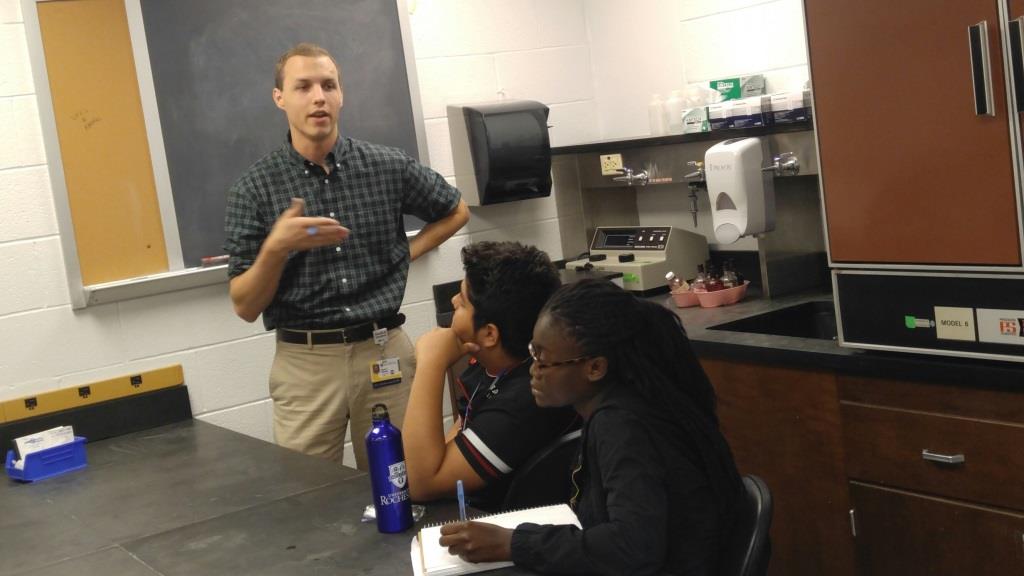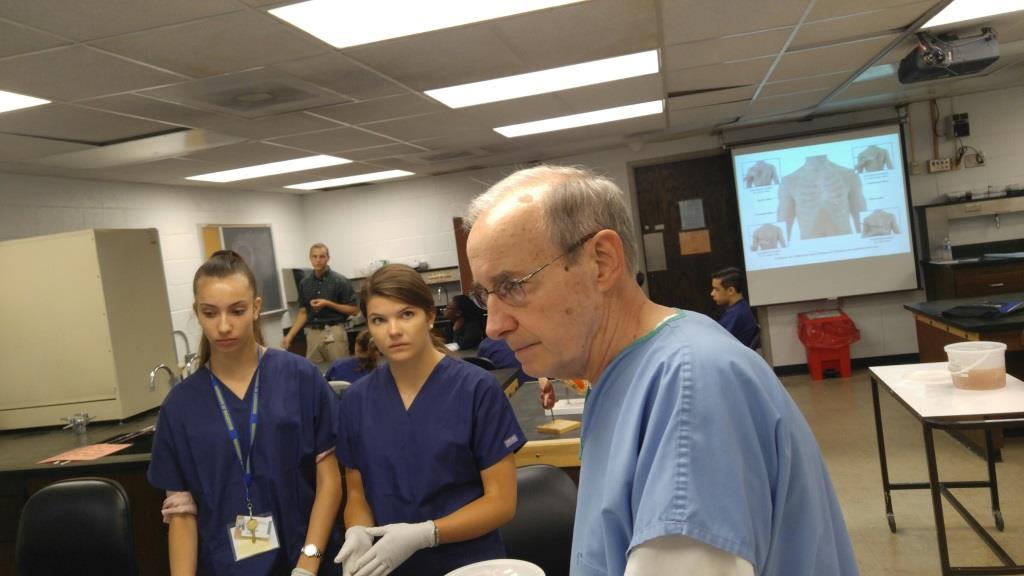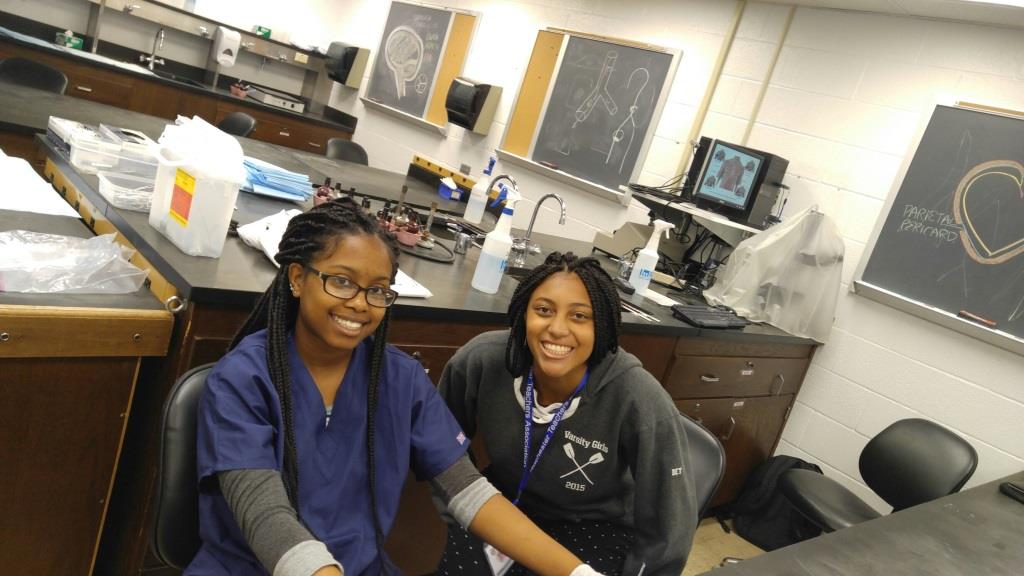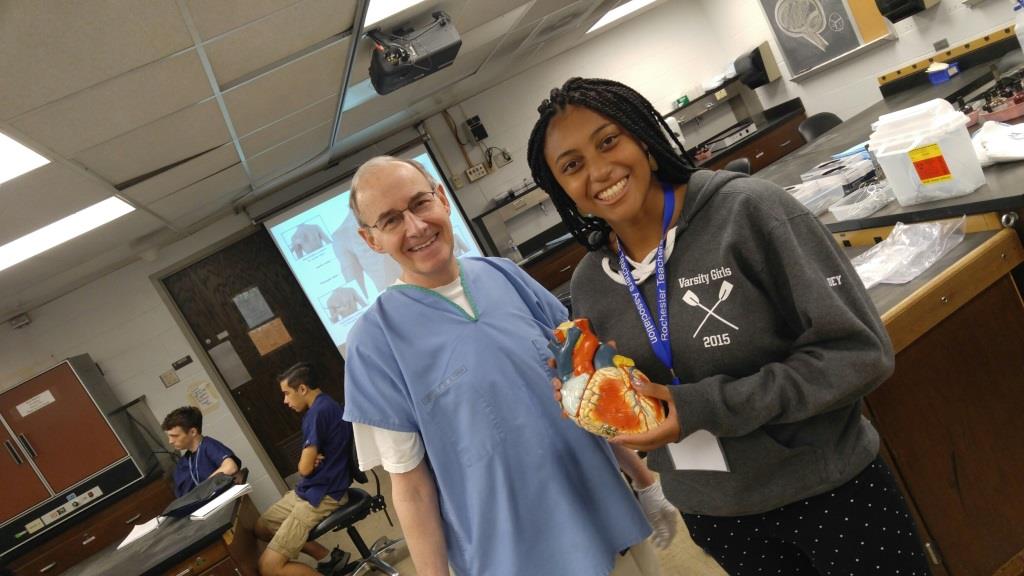by Oluwatobi “Tobi” Abubakare, Class of 2017
Mini Medical School, a popular session in Rochester’s Pre-College Programs, is for students who have an interest in medicine, anatomy and physiology, neurology, psychiatry, or public health, or who want to develop a budding interest. These students get to spend three weeks exploring what it would be like if they were a medical student. In the morning, they take the same classes the medical students take, and after lunch, they head back to the medical center to observe physicians and surgical operations.
Since I never did a pre-college program (much less one centered on medicine), I decided to ask students in the program about their perspective and what they see on a daily basis.

A pediatrician in the making, Victoria, recalls an eventful day at Mini Med. First, she attended a lecture on the respiratory system taught by a rising second year medical student who also took that class during their first year of medical school. After lecture, Victoria headed over to the surgical wing of the hospital to watch an innovative prostate surgery. Instead of surgeons manually handling the tools, robots were used with the surgeons guiding the robots “like in a large video game,” said Victoria.

“The robots made four small incisions in the abdomen rather than one long incision,” the one incision being typical in most prostate surgeries. Victoria remembered asking one of the nurses how much the equipment costs and the nurse said coyly, “Probably over a million dollars.” Despite the cost, surgical robots make the procedures safer and more efficient.

Outside of observing medical procedures, Victoria also noticed certain things in the operating room that she was not expecting. For instance, “The surgeons were playing music during the procedure. Even though I have watched Scrubs, I didn’t think surgeons actually did that.”
She also observed the hierarchy that exists within the OR. Although there is a head surgeon (or attending) who runs the show, there are also residents who are there to learn the ropes and seek guidance from the attending. “The attending kept telling the resident to do the procedure faster and not make any mistakes,” which makes sense because we are always working against time in the OR, and avoiding mistakes saves patients’ lives.

After an eventful day in Mini Med, Victoria is still eager for more medicine and “likes the craziness of the hospital.”
Interested in exploring medicine, engineering, film, or business? Check out our three-week intensive programs. Apply for next year’s programs and see what happens!

